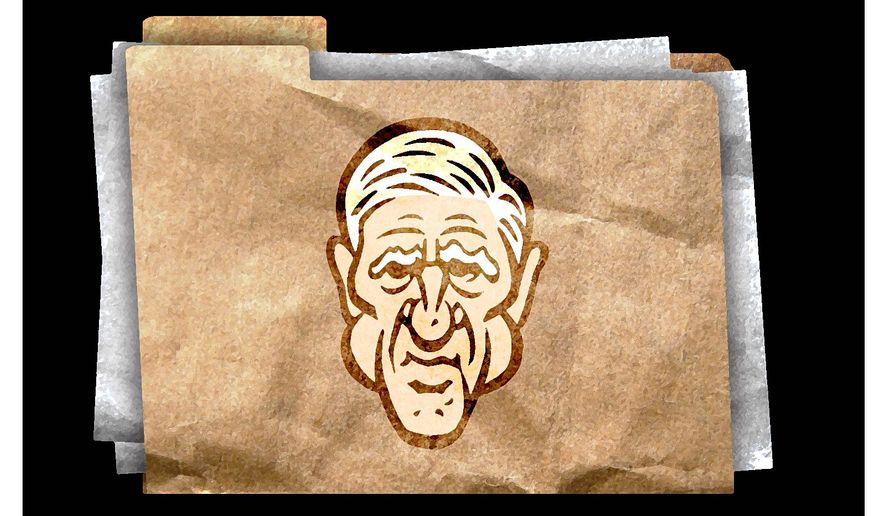OPINION:
When Attorney General William Barr released a four-page summary of special counsel Robert S. Mueller III’s report, it included a key sentence about whether or not President Trump committed obstruction of justice.
Mr. Barr wrote that Mr. Mueller set out “evidence on both sides of the question” and then flatly stated that “while this report does not conclude the president committed a crime, it also does not exonerate him.”
Mr. Mueller left that critical question for Congress to answer, specifically the Democratic-run House of Representatives, which for all intents and purposes is preparing to conduct hearings sometime later this year to dig deeper into this central issue.
While Mr. Mueller declined to rule on the question of guilt or innocence, his report laid out 10 instances in which Mr. Trump possibly obstructed justice, a virtual road map for the House to conduct its inquiries.
“How could there be obstruction of justice even if there was little evidence to support the underlying suspicion of Trump’s campaign coordination with Russia?” The Washington Post wrote last Friday in a lengthy editorial.
Well, Mr. Mueller argued, “Obstruction of justice can be motivated by a desire to protect non-criminal personal interests, to protect against investigations where underlying criminal liability falls into a gray area, or to avoid personal embarrassment. The injury to the integrity of the justice system is the same regardless of whether a person committed an underlying wrong.”
Elsewhere in his report, Mr. Mueller said “the President’s efforts to influence the investigation were mostly unsuccessful, but that is largely because the persons who surrounded the President declined to carry out his orders or accede to his request.”
Two examples of Mr. Trump’s obstructionist efforts came when he twice ordered then-White House counsel Donald McGahn to fire Mr. Mueller. “Mueller has to go,” the president said. “You gotta do this.”
The Post editorial said Mr. Trump “knew he was under investigation, he knew there was no rational basis for removing the special counsel, and he had been told he should not be discussing the matter with Mr. McGahn.”
The president “later sought to have McGahn deny that Mr. Trump had ever told him to fire Mr. Mueller,” The Post reported.
Throughout the 2016 presidential campaign and over the course of his two-plus years in office, Mr. Trump dismissed news reports that Russia was conducting a disinformation cyberwar on the U.S. Internet to attack Hillary Clinton and support Mr. Trump.
The Kremlin’s campaign was designed to stoke racial fear and anger, and manipulate public opinion in Mr. Trump’s favor, even as U.S. intelligence agencies were monitoring Russia’s polarizing war on our elections.
“The Mueller report documents Russian trolls with tens of thousands of followers on Twitter and Facebook. And it offers repeated instances of their social media messages being touted in the news media by top Trump campaign officials …, including the president…,” The Post reported.
Mr. Trump, however, continued to brand any and all news reports of Russia’s deceptive, online offensive as “fake news” and “a hoax,” and telling voters that the U.S. news media is “the enemy of the people.”
Attorney General Barr has made it clear in his written response to Mr. Mueller’s report that, as the nation’s chief law enforcement officer, he alone has the “ultimate responsibility for all criminal investigations conducted by the department.”
And, after reviewing Mr. Mueller’s findings, he has written that he “disagreed with some of the special counsel’s legal theories and felt that some of the episodes did not amount to obstruction as a matter of law.”
But it is too late for any further debate over the Mueller report which is now firmly in Congress’ hands under the rules and procedures set forth in the U.S. Constitution.
The House will now determine how those rules and procedures should be applied. Sworn testimony will be taken, documents will be examined, and, in the end, the relevant investigative committees, and the House itself will decide whether the president of the United States is guilty of obstruction of justice.
Donald Lambro is a syndicated columnist and contributor to The Washington Times.




Please read our comment policy before commenting.